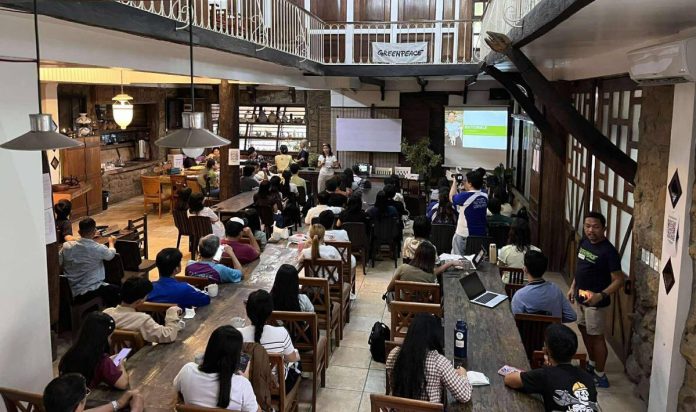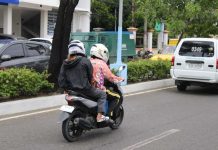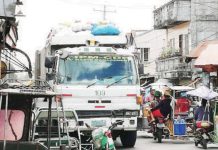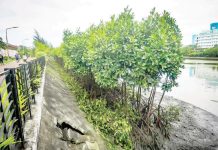
ILOILO City – In a groundbreaking effort to place communities at the center of climate resilience, various Iloilo-based citizen groups on Tuesday, July 15, launched the Philippines’ first Community Climate Response Hub (CCRH) and released a citizen science-led report on urban heat, calling for stronger public participation in disaster risk and climate adaptation planning.
Spearheaded by a coalition of youth organizations, civil society groups, and farmers’ associations, the initiative seeks to transform ordinary citizens into proactive agents of climate response and preparedness.
The CCRH aims to serve as a permanent platform for community-led actions, capacity-building, and local data generation to strengthen policy advocacy and governance.
“The hub aims to help improve public participation in the disaster risk reduction planning process. Engaging citizens ensures resilience is built by the people, for the people,” said Melvin Purzuelo of Green Forum Panay Guimaras.
The launch was accompanied by the release of Turning Down the Heat: Citizen Science and the Urgency of Climate Action in the Philippines, a report that underscores the growing threat of urban heat and documents citizen-led data gathering and stories from the ground. Developed by the Greenpeace Iloilo Volunteers Local Group and Ulirat Collective, the study advocates for the mainstreaming of community perspectives in national climate strategies.
“Science is too important to be left to scientists alone,” said Cathy Manalo of the Ulirat Collective. “Residents should be actively involved in learning about the environment and pushing for liveable communities. Our study reinforced the importance of resident-led methods when assessing the impacts of climate change.”
Lady Kyla Balibagoso of Greenpeace Philippines – Iloilo Volunteers emphasized the collaborative nature of the hub: “May we create a shared space where communities have the power to push for climate justice, climate preparedness, and climate response—led by communities and backed by the government and other stakeholders.”
The CCRH was launched by a core group composed of Greenpeace Philippines, Green Eco-Warriors, Green Forum Panay Guimaras, Homeless People’s Federation Philippines, Inc. (HPFPI), Alerto Ako E-Yusay Memorial School, CurrentShift, and Navallasca Farmers Rise Against Hunger and Malnutrition, Inc. (NFRAHMI). The hub is envisioned to deliver direct support to affected communities and co-design adaptation strategies in partnership with citizens.
“Youth and its fisherfolk partners know better than anyone that every degree of warming rolls in on the tide,” said Queenie Agdalipe, founder of CurrentShift. “By coupling the Hub’s climate resilience training with the ingenuity of small-scale fishers, we’re proving that ‘lokal’ na ‘dunong’ at dagat-based livelihoods are the backbone of a just, livable future.”
Highlighting the importance of inclusive engagement, Jeffrey Bacaling of Alerto Ako E-Yusay Memorial School said: “In unity there is strength. Involving people contributes to the success of attaining our goals in the community by making them resilient in every disaster.”
Naomi Alaban Basay of HPFPI Youth Iloilo added: “The CCRH should provide capacity-building initiatives and resources to empower individuals not just as recipients of aid but as active agents of change.”
The learning forum, where the hub and the report were launched, also featured expert inputs from Dr. Ma. Laurence Jamero of the Manila Observatory, Donna Magno of the Iloilo City Disaster Risk Reduction and Management Office, and Dr. Ronald Law of the Department of Health, underscoring the cross-sectoral relevance of the initiative.
Jerol Kim Tanaliga of Green Eco-Warriors described the CCRH as a “synergistic collaboration across diverse sectors, demonstrating a unified commitment to mitigating climate change impacts within urban environments and extending its influence beyond.”
Organizers hope the Iloilo hub will serve as a model for similar efforts across the country and help shift the climate narrative — away from centralized, top-down responses and toward empowered, locally-driven solutions rooted in data, justice, and lived experience./PN





